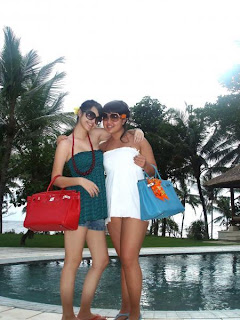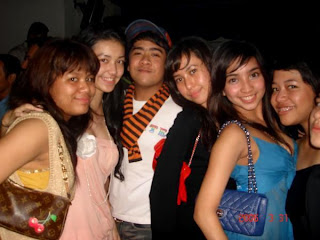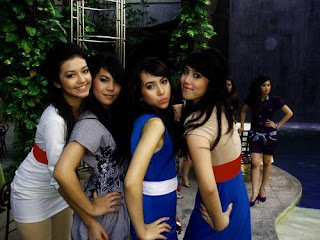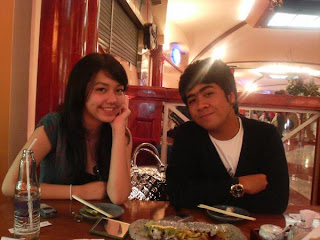Sexy Cute Innocent Indonesian Young Actress, Velove Vexia.
And special bonus to you, free articles..
Shiatsu Massage Therapy - How is Shiatsu Different from Modern Western Massage
By Francis Gamache
There is common ground between Shiatsu and Western massage. Both systems are wonderful ways of relieving stress and promoting health and they focus on the body of the person to be treated. Further, neither system uses any sophisticated electronic or mechanical machinery in the diagnosis or implementation of treatment. The third common ground is that both Shiatsu and massage are classified in most of the Western World to remain outside the bastion of Western medicine, which is based on current Western mainstream scientific tradition. Outside Japan both Shiatsu and Western massage share the outfields of non-traditional treatment or alternative medicine with Healing, Reiki, Hypnosis or Crystal Healing.
Shiatsu practitioners tend to distance themselves from the bandwagon of alternative treatment approaches like Reiki or faith healing by demonstrating their usage of anatomy, physiology and pathology in the same vein as Western medicine. This could be one of the explanations for the great popularity of Shiatsu in the West as it bridges the West and the East.
When we explore the differences between Shiatsu and Western massage, we notice four main differences.
1. The historical evolution of the treatments.
2. Technique used and ingredients in treatment.
3. The philosophy behind the approach and the essence, which every practitioner attempts to capture.
4. The nature of derivative systems that have emerged.
Body massage might be one of the oldest forms of medical care known to man. Though we may not know what the ancient Egyptian practitioners actually believed in, Egyptian tomb paintings show people being massaged. A Chinese book from 2,700 B.C., The Yellow Emperor's Classic of Internal Medicine, recommends massage of skin and flesh as the appropriate treatment for many ailments. Ayurveda, the 5000-year old traditional Indian system of medicine, greatly stresses the therapeutic benefits of massage with aromatic oils and spices. Writing in the 8th century BC, Homer of Greece mentions massage being used commonly also for Olympic athletes in the same way as it is used today.
In 1964 Shiatsu was acknowledged as a separate therapy on its own in Japan. Everyone practising Shiatsu in Japan should obtain a licence from the Ministry of Health and Welfare. Licensing also requires that Shiatsu practitioners study a 2,500-hour educational program of Shiatsu therapy lasting about three years in the universities or colleges authorized by the Ministry of Health and Welfare and pass the national exam.
* Tokujiro Namikoshi, Japanese Finger-Pressure Therapy Shiatsu. Japan Publishing - (1974)
* Tokujiro Namikoshi, SHIATSU; HEALTH AND VITALITY AT YOUR FINGERTIPS Japan Publishing - (1971)
* The Canadian College of Shiatsu Therapy
* The Shiatsupractor Association of Canada
















0 komentar:
Post a Comment